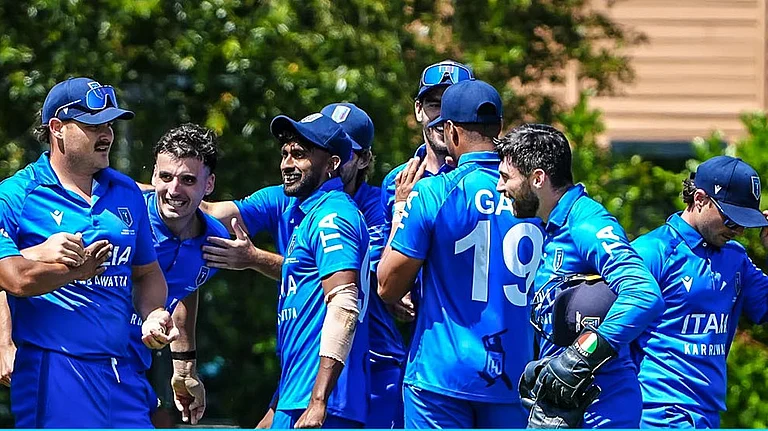Former US ambassador to India, Robert Blackwill, recently told The National Interest, a journal of international affairs, how he fought his own bureaucracy. "These nagging nannies were alive and well in that state department labyrinth. I, of course, did not implement those instructions. It took me months and many calls to the White House to finally cut off the head of this snake back home." Strong words those, but the bureaucratic battles were intense.
Ashley J. Tellis documents many incidents in the Carnegie report where the US bureaucracy purposefully blocked change, even cosmetic, and therefore retarded progress. When President George Bush declared he wanted India "with us," what emerged as the Next Steps in Strategic Partnership was far weaker than envisaged, thanks to the heated inter-agency debates. "On many issues, the administration did not move as far as it could," says Tellis.
During internal discussions on providing certain items for India's nuclear programme under the New Steps for Strategic Partnership, the non-proliferation bureau led by John Bolton raised "strong objections", ultimately killing the idea. Even cooperation in cyber security has grown "too slowly" in part because of "bureaucratic fears in the US government about increasing Indian capacities prematurely". US officials decided that India was more interested in "expanding its capacity for information warfare or interdiction of terrorists involving Pakistan". As if stopping Pakistani terrorists were an unsavoury goal and as if those terrorists love America.
"Given the scale, diversity, and sophistication of terrorist networks in India, New Delhi's interest in computer forensics, network surveillance, and the protection of supervisory control and data acquisition systems as means to defeat terrorism is not only understandable but ought to be supported as part of the US global struggle against his menace," Tellis in the report says.
Then there is the "paralysing" habit of hyphenating India and Pakistan whether it is weapons sales or bilateral visits.

























